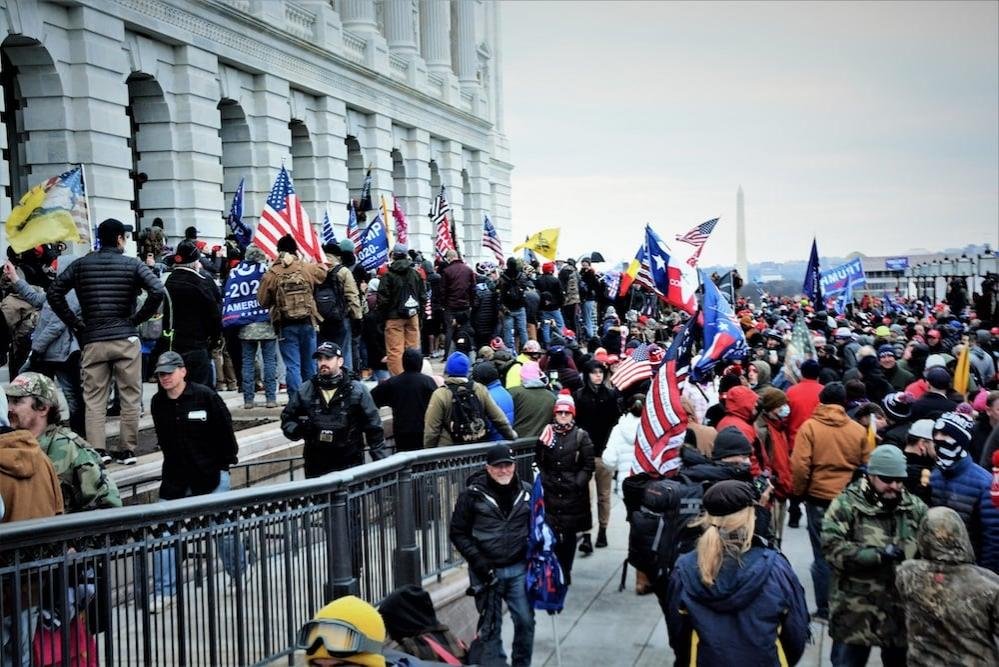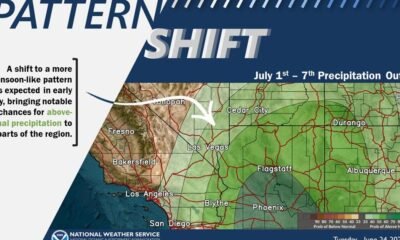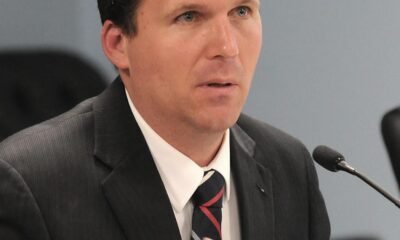crime
Law Enforcement Braces for Potential Post-Election Unrest in D.C.

The specter of political violence looms over Washington, D.C., following Election Day, as security experts express growing concerns despite law enforcement’s heightened preparedness. The U.S. Capitol Police, along with federal agencies like the Secret Service, are bracing for potential unrest, particularly after a rise in threats against elected officials.
In recent years, the Capitol Police force has expanded to over 2,000 officers in response to an alarming increase in threats, including multiple assassination attempts against former President Donald Trump this year alone. A recent report highlighted the need for fundamental reforms within the Secret Service, raising questions about its readiness for critical events such as the certification of the Electoral College and Inauguration Day.
Experts warn that the political climate could deteriorate post-election, particularly if contentious results emerge. “We have heard extreme rhetoric for months, and rhetoric has consequences,” noted Darrell M. West from the Brookings Institution. He cautioned that leaders’ objections to election outcomes could foster an environment ripe for violence.
Trump continues to perpetuate false narratives about electoral integrity, a tactic that may ignite tension if he perceives a loss. As the nation’s focus shifts toward the upcoming election, Congress remains a target for potential attacks, and lawmakers face greater vulnerabilities than presidential candidates due to insufficient security measures.
For instance, the Capitol Police have been urged to enhance protections for officials in the line of presidential succession, as most lawmakers operate without security details unless specific threats arise. U.S. Capitol Police Chief J. Thomas Manger has acknowledged the need to improve security for congressional leaders.
The implications of high-profile political events have starkly materialized this year. Even with exceptional security protocols, two separate attempts on Trump’s life this summer raised serious questions about the effectiveness of protective measures. The persistence of dangerous rhetoric could exacerbate these threats, possibly endangering not only elected officials but also citizens implicated by inflammatory remarks.
The projected delay in election results could further destabilize the situation. Historical patterns indicate that confusion may arise, especially if initial tallies favor one party while subsequent counts favor another. Such discrepancies could lead to claims of fraud and ignite unrest among supporters who feel disenfranchised.
Despite the potential for violence, experts like Javed Ali from the University of Michigan maintain that law enforcement is better equipped than in 2020. While the threat remains, they emphasize that the risk is manageable if proactive measures are enacted. Law enforcement agencies are preparing for a range of scenarios, anticipating that violence may be instigated by individual actors rather than organized groups.
The Capitol Police have implemented over 100 recommendations to enhance security post-January 6, although experts remain skeptical about the unpredictability of domestic terrorism. Similarly, the Secret Service has faced scrutiny, with recent assessments calling for significant improvements in its operations to safeguard preventable threats against high-profile individuals.
Planning for key events like Inauguration Day requires concerted efforts from local and federal law enforcement agencies. Officials are keenly aware of the need to learn from past failures to ensure a peaceful transition of power. Expectations are set for heightened vigilance as Election Day approaches, underscored by a commitment to maintaining order amidst potential political upheaval.


















